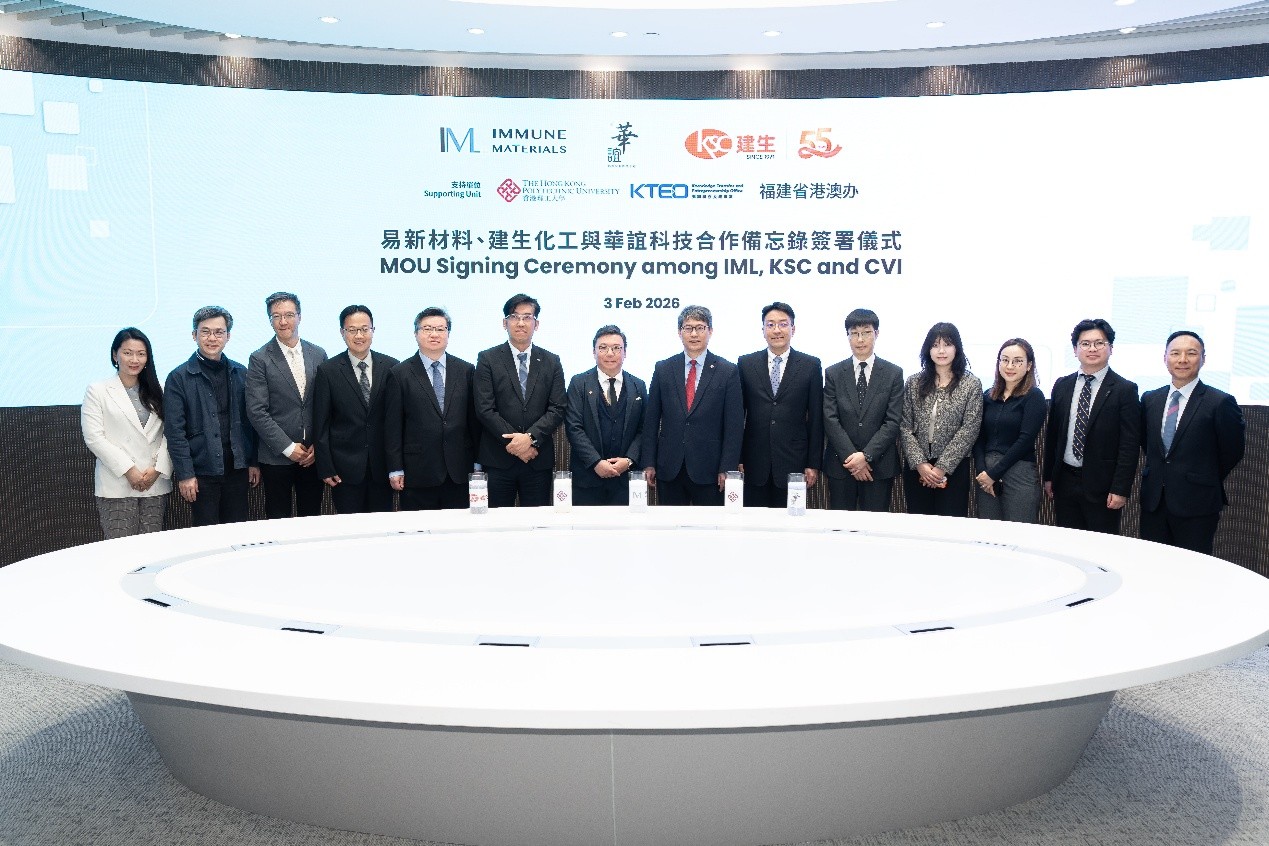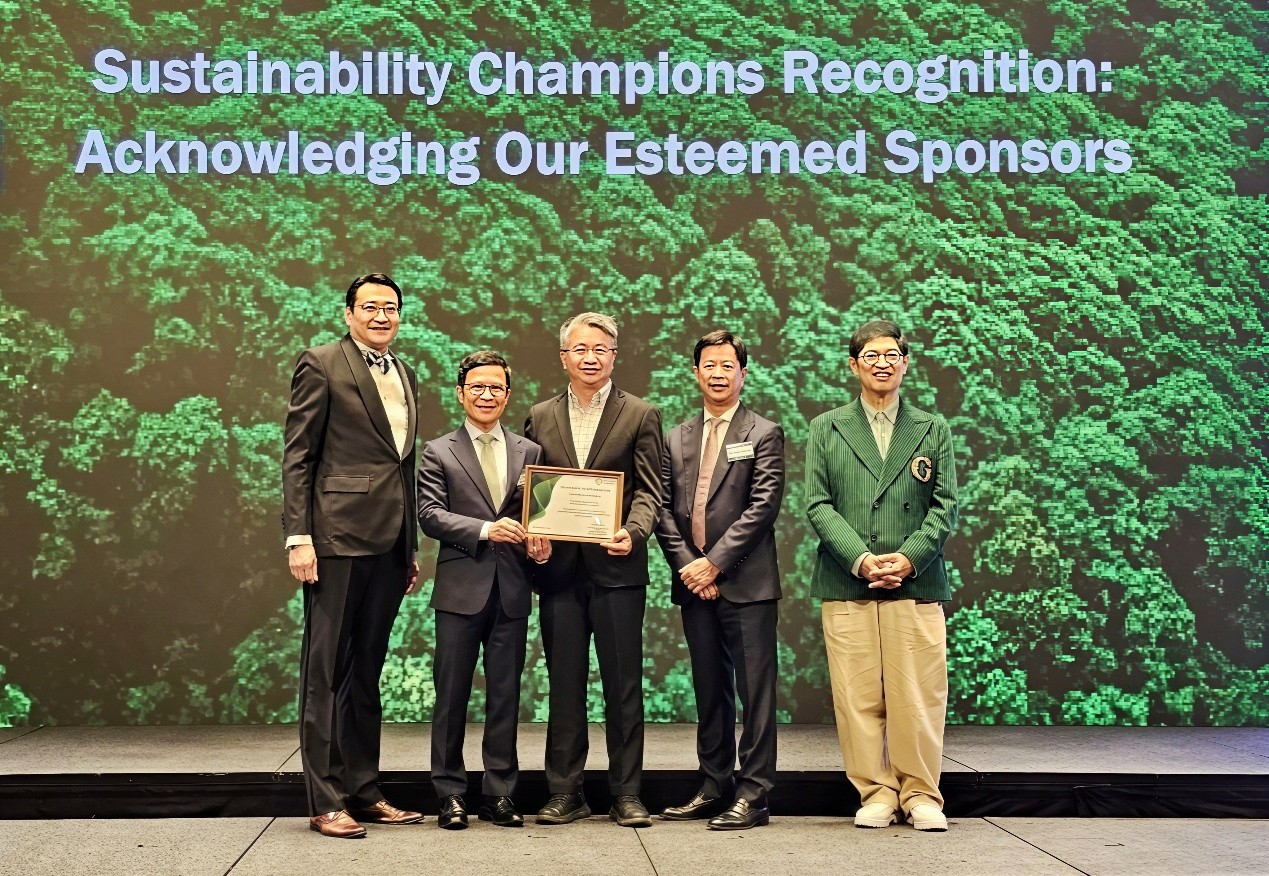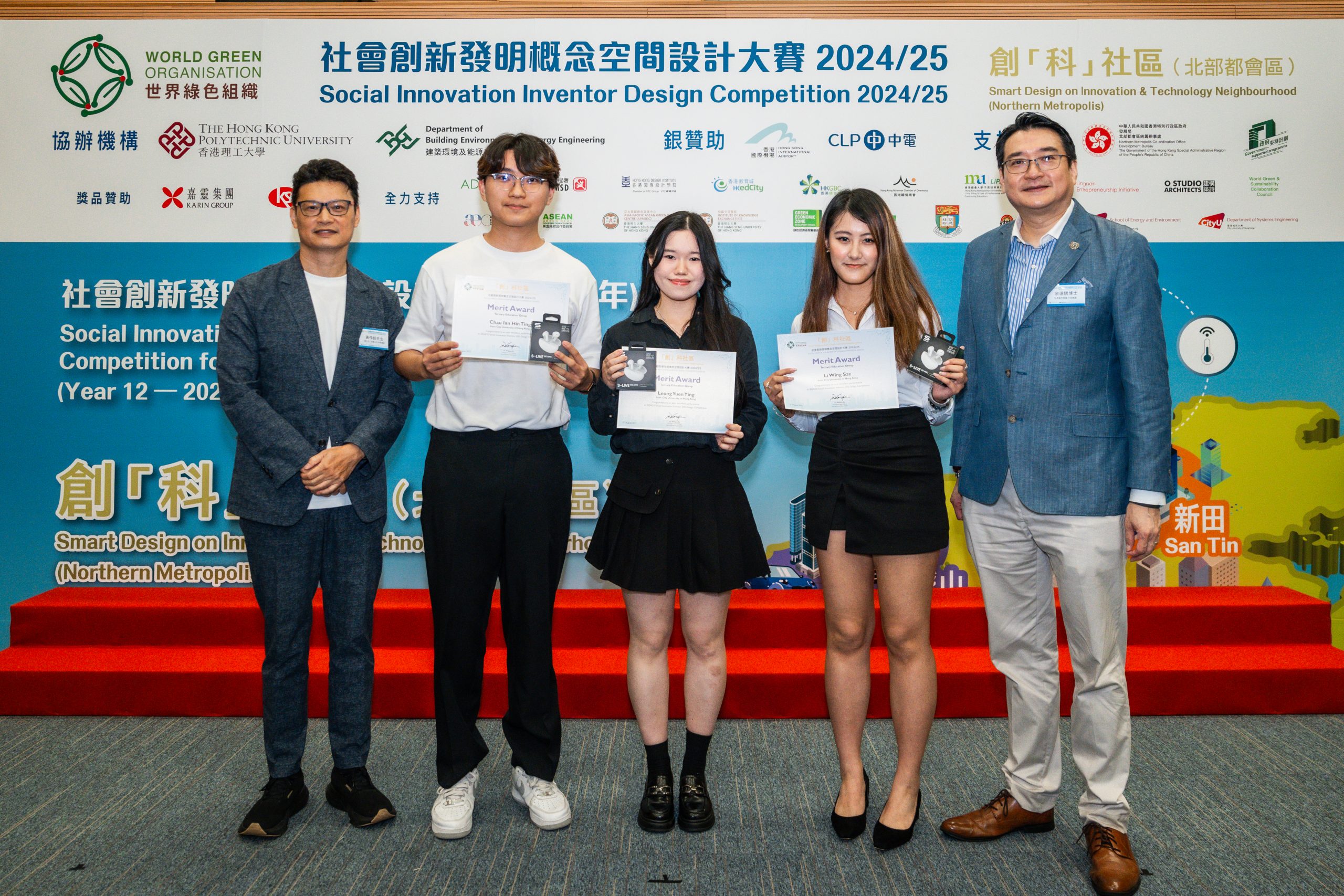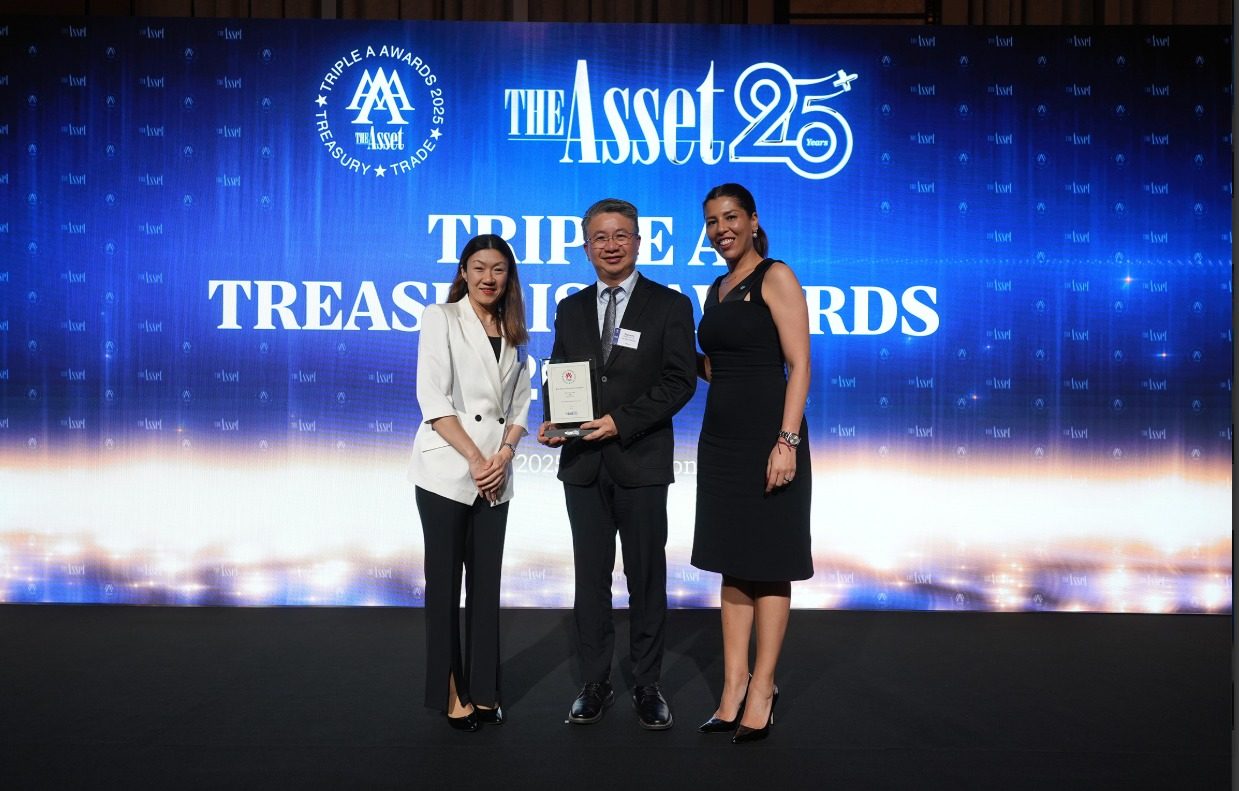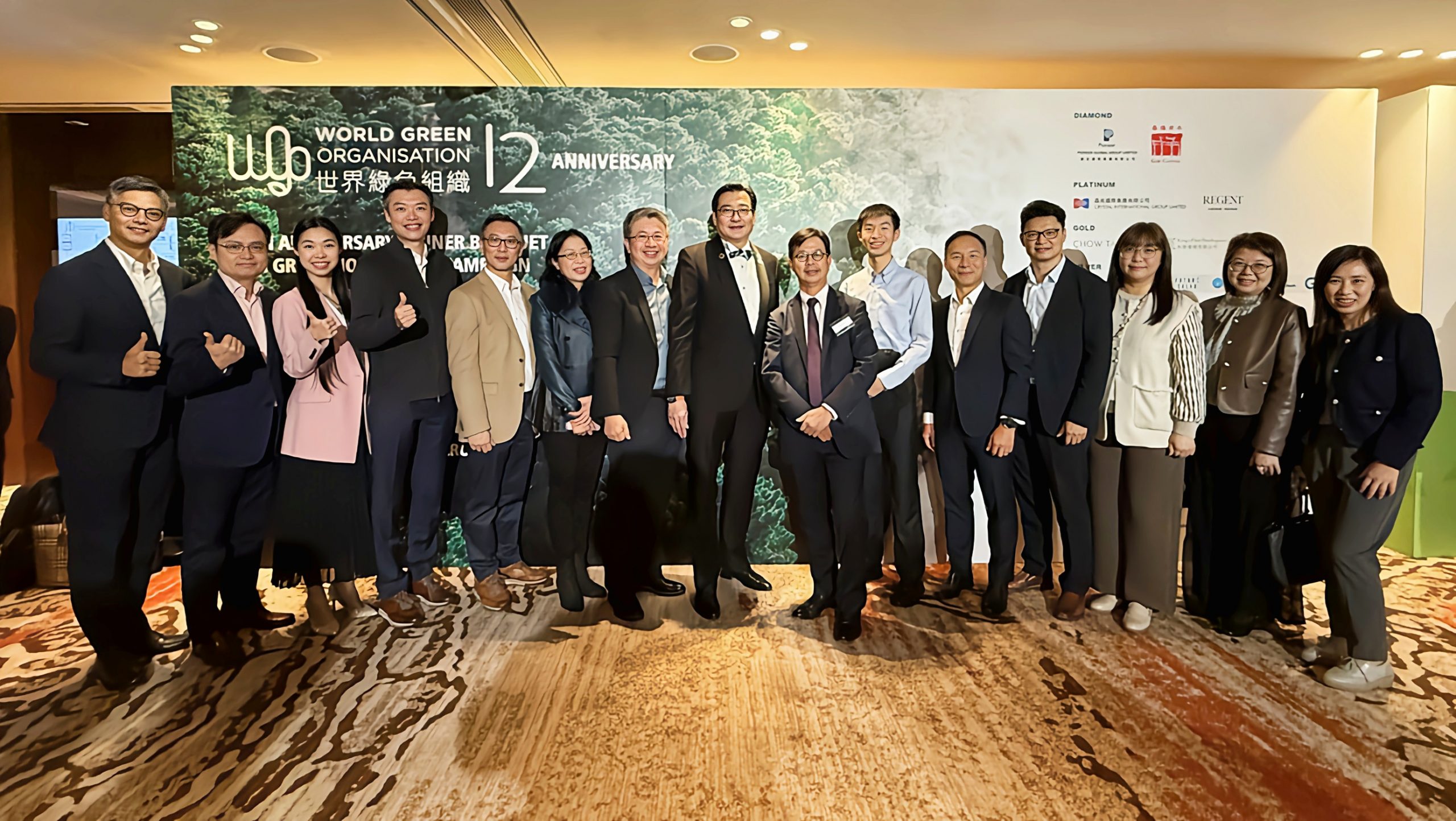Environmental issues:
The pollution caused by the single use of plastic products is increasing. The issue of environmental protection is already a worldwide problem. For environmental protection, Kin Sang will invite you to start from the source. Environmental protection is not just a word so let’s practice the leave no trace after use.

PBS – The Real Environmental Friendly Material:
In response to environmental protection, Kin Sang has cooperated with an international restaurant group to use environmentally friendly plastic PBS (polybutylene succinate) to replace ordinary plastics and successfully developed a single-use straw project.
In response to environmental protection, Kin Sang has cooperated with an international restaurant group to use environmentally friendly plastic PBS (polybutylene succinate) to replace ordinary plastics and successfully developed a single-use straw project.
In regard to PBS’s excellent mechanical properties are in line with the production economy and are completely biodegradable materials. As the most optimized material option for this project, it balances business and the environment, and furthermore truly contributes to environmental protection.

True and False Environmental Protection:
Environmental-friendly plastics have been an issue for many years, but are they really environmentally friendly? Kin Sang provides you with knowledge of environmental protection.

Among the real environmentally friendly materials such as PLA, PHA, and PBS that are both decomposable and bio-derived, PBS has excellent cost-performance advantages.
PBS Material Introduction
PBS is formed by condensation polymerization of succinic acid and butanediol. The resin is milky white, odorless and tasteless, easily decomposed, and metabolized by enzymes in various microorganisms or animals and plants. The final form is carbon dioxide and water, which is a completely biodegradable (Bio-degradable) polymer material.

Advantage:
1. Excellent Overall Performance:
Among the decomposable materials, the mechanical properties of PBS are close to the requirements of general-purpose plastics and are quite stable in general storage and use.
2. Excellent Processing Performance:
PBS can meet the molding processes such as injection molding, injection and film blowing, and it has the best processability among the relatively decomposable materials and is convenient for production.
3. Excellent Heat Resistance:
The heat distortion temperature of PBS is close to 100 ° C, which meets the needs of daily necessities and is superior to other decomposable materials.
Difficulties:
1. The Material cost is too high:
PBS has insufficient supply in the market and the market has not yet formed a scale. The production cost is still higher than that of general materials.

Kin Sang Chemical launches PBS material LNT series『the Leave No Trace』
Green Partners

Committed to the sustainable development of green materials; continue to provide environmentally friendly materials with advanced performance.
Kin Sang Chemical has a wide range of application development experience in the application of environmentally friendly plastics. If you have relevant material requirements, please do not hesitate to contact us. Environmental protection is our commitment.

